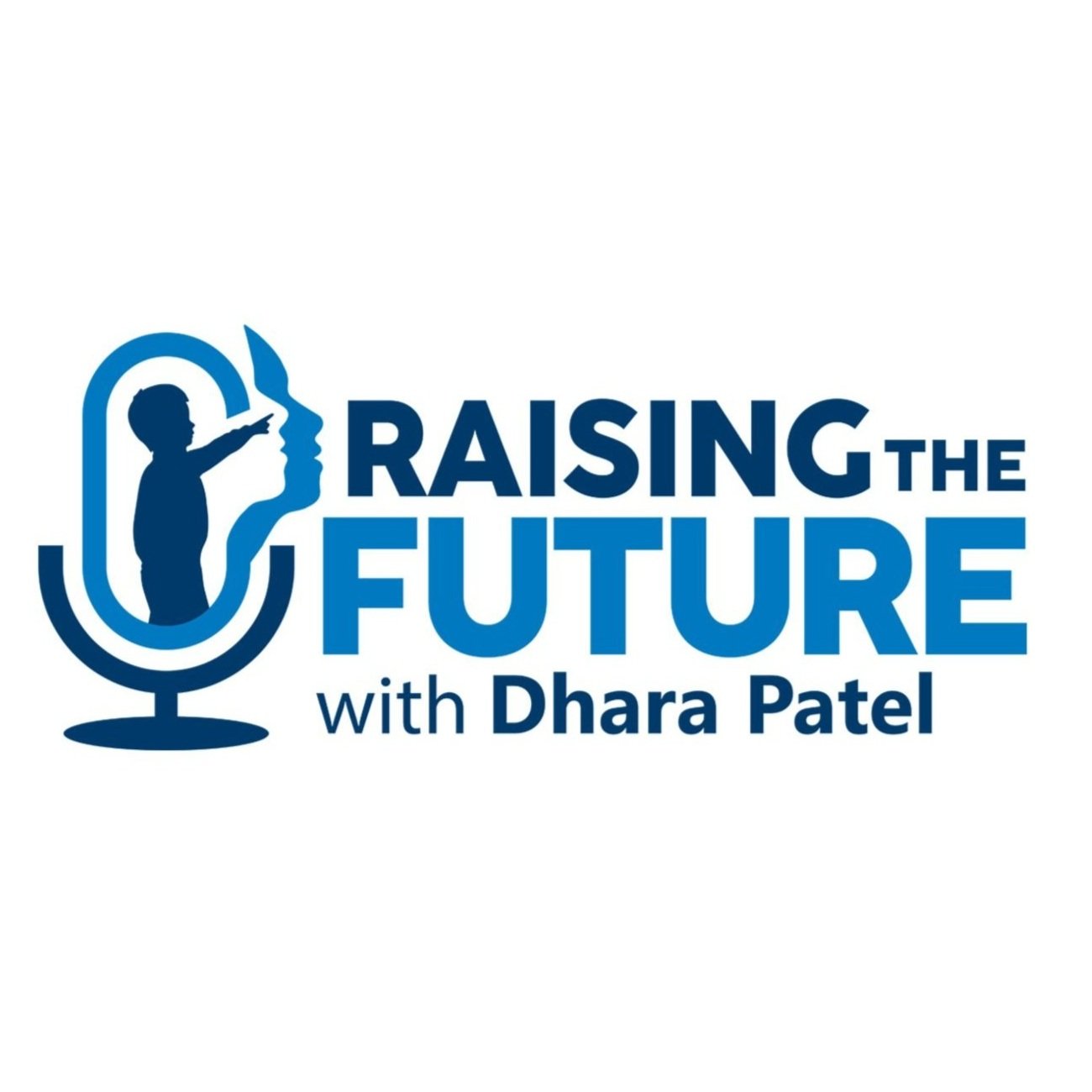My Journey to Adulting
Trying to find out where I fit in this world seems like a futile endeavor when you don’t really know who you are. At the age of 28, after I obtained my DDS degree and my certificate in pediatric dentistry, I thought I was set. I was ready to live this adult life that everyone had talked about since I was a child. I was ready to follow the life plan that was entrusted to me since I was younger: complete an education, get a job, find a partner, and pop out some children or in some varying order. I was on my way to building the life that everyone seemed to also follow. Since youth, we are all bombarded with information on what we should do, who we should be, and what we should believe in.
A year into working at my first office, something was missing. I felt lost. There was no wedding in sight because dating just wasn’t working out. Thus, having kids was not on the horizon. Also, being diagnosed with Polycystic Ovarian Syndrome at the age of 15 made my chances of conceiving my own child near impossible. Additionally, every year females reduce their egg count and their fertility. The chance of having that perfect family and that perfect life was decreasing with time. I wasn’t feeling fulfilled with my multiple groups of friends and my family dynamics. I felt alone. I checked every box I was told to as a child and young adult, so why is it that I was so unhappy? Is this all there is to life?
I spent the last 5 years figuring out what was missing. I immersed myself in as many self help books I could get my hands on. My commutes were spent listening to podcast after podcast or indulging in any TED talk that could give me insight into what I was going through. Countless hours and dollars were spent finding the right mental health specialist that could help me sort out my internal dialogue.
I traveled to the far corners of the world to see what I could learn about myself and the world from the jungles of Indonesia to the historic streets of Europe. Everywhere I went, I met people that shared their life story with me from their love lives to their families to their career choices. One prominent theme kept appearing throughout these experiences. Most of these people were heavily influenced by their childhood; specifically influenced by given or invented advice from those around them or themselves in order to make sense of things. These thoughts can be very useful or turn into cognitive distortions in which we shape our world. Your parents, friendships, romantic relationships, teachers, etc as a child and young adult all influence the way you view the world. They help mold some of your first experiences. They help you understand love, intimacy, communication, but also help you shape your values and morals.
[What is a cognitive distortion? According to the APA, it is “faulty or inaccurate thinking, perception, or belief.” Here is a list of 50 examples, which is a lot, but understanding what a cognitive distortion can look like can help you under your thoughts better. I hope to go into topics like this on my podcast and in my blog posts.]
During my youth, I spent years developing my brain to understand Math, Science, Reading, English, etc, but spent no time in developing who I was, what my values were, and what I truly wanted out of life outside of what people told me I should want. That immaturity had drastic consequences on my friendships, family, romantic relationships, and work. Over the years, I spent a lot of time unlearning all the “incorrect crap” that I was fed when I was younger and honing in on the parts that helped me thrive.
Life doesn’t just figure itself out after you finish school and get your job…or even after you find that special someone to share your life with. Yet society depicts that this is the storyline we should all strive for and that happiness would soon follow. Why are we only teaching our children the basics like Math, Science, Reading, English, History? Why don’t we teach about communication, problem solving, compassion, critical thinking, our intuition, healthy relationships or speak enough about the relationship we have with our body, nutrition, sleep? [NOTE: Unlearn is great book that helps discern through a lifetime of advice. I highly recommend it.)
I realized I wasn’t the only one struggling to figure out where I fit in. Many of us spend our lives unlearning things we were taught incorrectly in our youth. My goal with this blog and podcast is to start examining how can we better help our children in figuring out some of this sooner, so we can live a more open and aware life as an adult.

